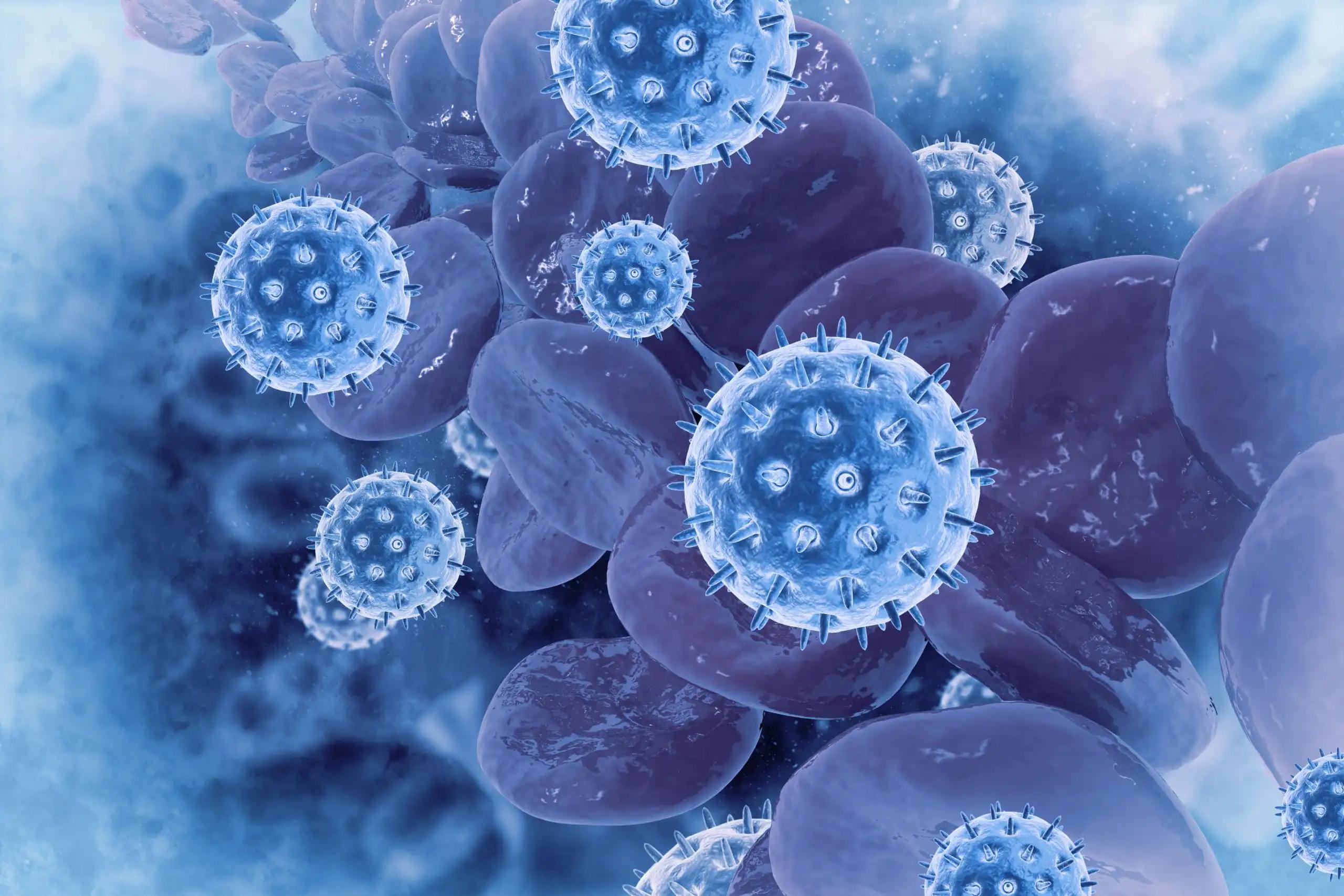KEY TAKEAWAYS
- The CANOPY-A study is a phase 3 trial investigating the therapeutic potential of canakinumab as adjuvant therapy in patients with completely resected NSCLC.
- The study’s primary objective is to evaluate DFS per local investigator assessment.
- The levels of hs-CRP, other cytokines, and additional biomarkers in blood will be assessed before and after surgery.
- Possible associations between pre- and post-surgery biomarker levels with canakinumab efficacy will be assessed.
- The CANTOS study preceded CANOPY-A and demonstrated that canakinumab reduced incidence and mortality from NSCLC.
Stable post-myocardial infarction patients with elevated high-sensitivity C-reactive protein (hsCRP) levels were found to benefit from treatment with canakinumab (selective interleukin 1β inhibitor) in the CANTOS study. Canakinumab’s therapeutic potential in NSCLC, along with
Canakinumab’s efficacy and safety as adjuvant therapy in adults with wholly resected NSCLC is being studied in the CANOPY-A trial (NCT03447769). Stage IIA-IIIA and IIIB (T >5 cm, N2), any histology, wholly resected (R0) NSCLC, and completion of adjuvant cisplatin-based chemotherapy (≥2 cycles), and radiotherapy are the main inclusion criteria for this study (if applicable). Patients who received neoadjuvant treatment in the past are not eligible. Around ~1500 patients will be randomly assigned to receive either subcutaneous canakinumab (200 mg) or placebo every 3 weeks for up to 18 cycles, or until disease recurrence, unacceptable toxicity, or at the investigator’s discretion to discontinue treatment. The primary endpoint is disease-free survival (DFS), as determined by individual investigators.
The study’s secondary objectives include overall survival (OS), survival from lung cancer specifically, safety, pharmacokinetics, immunogenicity, and patient-reported outcomes. A biomarker substudy will also be conducted in adults with stage IIA-IIIA and IIIB (T>5 cm, N2 disease only) non-small cell lung cancer (NSCLC) who are candidates for complete resection surgery to better understand the effect of resection on biomarkers involved in the interleukin 1 inflammatory pathway and mutations present in the blood. These patients are also prospective candidates for the main study. Blood hs-CRP, cytokine, and biomarker levels will be measured before and after surgery in the substudy (endpoint: summary statistics of hs-CRP and other pharmacodynamic biomarkers). In addition, potential associations between pre- and post-surgery biomarker levels and canakinumab efficacy will be evaluated for patients enrolling in the primary study (endpoint: DFS and OS by hs-CRP and other pharmacodynamic biomarkers). Participants are being sought for the CANOPY-A study.
Source : https://conference.thoracic.org/program/abstract-search.php?sid=P8767
Clinical Trial: https://clinicaltrials.gov/ct2/show/NCT03447769
A. Spira, A. Ardizzoni, F. Barlesi, B. Cho, P. De Marchi, Y. Goto, D. Kowalski, S. Lu, L. Paz-Ares, D. Spigel, M. Thomas, S. Turri, V. Rodrik-Outmezguine, W. Zhou, T. Kreisl, J. Yang, E. Garon/Canakinumab as Adjuvant Therapy in Patients with Completely Resected Non-Small Cell Lung Cancer: CANOPY-A Trial/Society, A. T. (n.d.). ATS Conference 2023 – Browse ATS 2021 Abstracts. Conference.thoracic.org. Retrieved March 30, 2023, from https://conference.thoracic.org/program/abstract-search.php?sid=P8767



